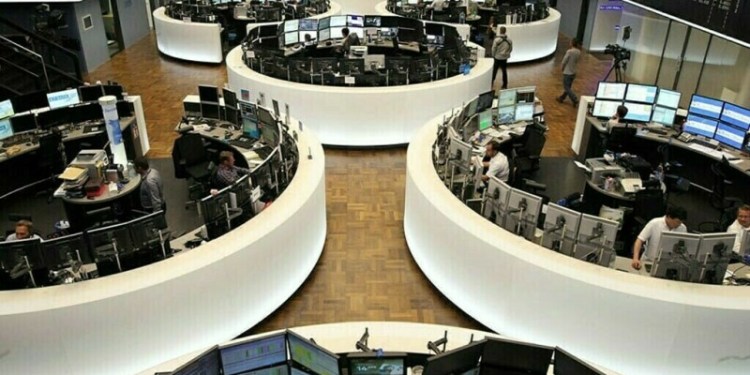Thailand’s prolonged political crisis makes it unlikely that the leading rubber producer will be able to intervene in the market to support prices, which have been battered by concerns over China’s high inventory levels and cooling economy.
Without the participation of Thailand, the other two biggest producers – Indonesia and Malaysia – will not be able to shore up the market on their own, industry officials said.
Benchmark rubber futures plunged to an 18-month low earlier in February and in the absence of intervention could extend losses for the year from the current 17 percent.
Last year, Thai farmers took to the streets to protest over low rubber prices and threatened violence if their demand that the government buy their produce at prices higher than the market was not met.
But the country’s deepening political crisis and financial pressure from a controversial rice subsidy scheme that has cost the government billions of dollars mean Thailand is unlikely to be in a position to buy rubber from farmers.
“Because of the political uproar, Thailand is unlikely to intervene in the rubber market,” Pongsak Kerdvongbundit, honorary president of the Thai Rubber Association, said on the sidelines of a rubber conference in India.
“Malaysia or Indonesia can’t intervene alone. Intervention won’t work without Thailand.” Thailand, Indonesia and Malaysia, which account for more than 70 percent of global natural rubber output, have been examining whether to curb exports, reduce tapping or buy from farmers in a co-ordinated fashion in a bid to support prices.
Grouped under the International Rubber Consortium (IRCo), the three Southeast Asian nations last acted jointly in 2012-2013, agreeing to cut exports by 300,000 tonnes, or 3 percent of 2012 global output.
But rubber prices rose only temporarily before sliding again due to fears a debt crisis in Europe could derail demand. Indonesia, the world’s No.2 producer, then called for the pact to be discontinued, saying it was not the best solution under the circumstances.
The IRCo members met earlier this month and recommended they should not sell natural rubber at the current low prices.
Tyre grade rubber prices have hit multi-year lows on persistent worries about a slowing economy in China, its high inventory and weakness in benchmark rubber futures in Tokyo Commodity Exchange.
Inventory in warehouses monitored by the Shanghai Futures Exchange has risen to its highest since 2004, while closely-watched stocks in bonded warehouses in the port of Qingdao have jumped more than 11 percent in the past month to around 340,000 tonnes.
Industry officials had been expecting the top three rubber producing countries to meet again later this month to examine possible measures to boost prices, but traders and dealers now do not expect the IRCo meeting to happen.
“I don’t think IRCo officials will meet again this month. Thailand is not in a position to commit anything,” said a Malaysian rubber industry official.
A Bangkok-based dealer said: “Thailand’s market intervention in rice is costing the government.
Reuters



























